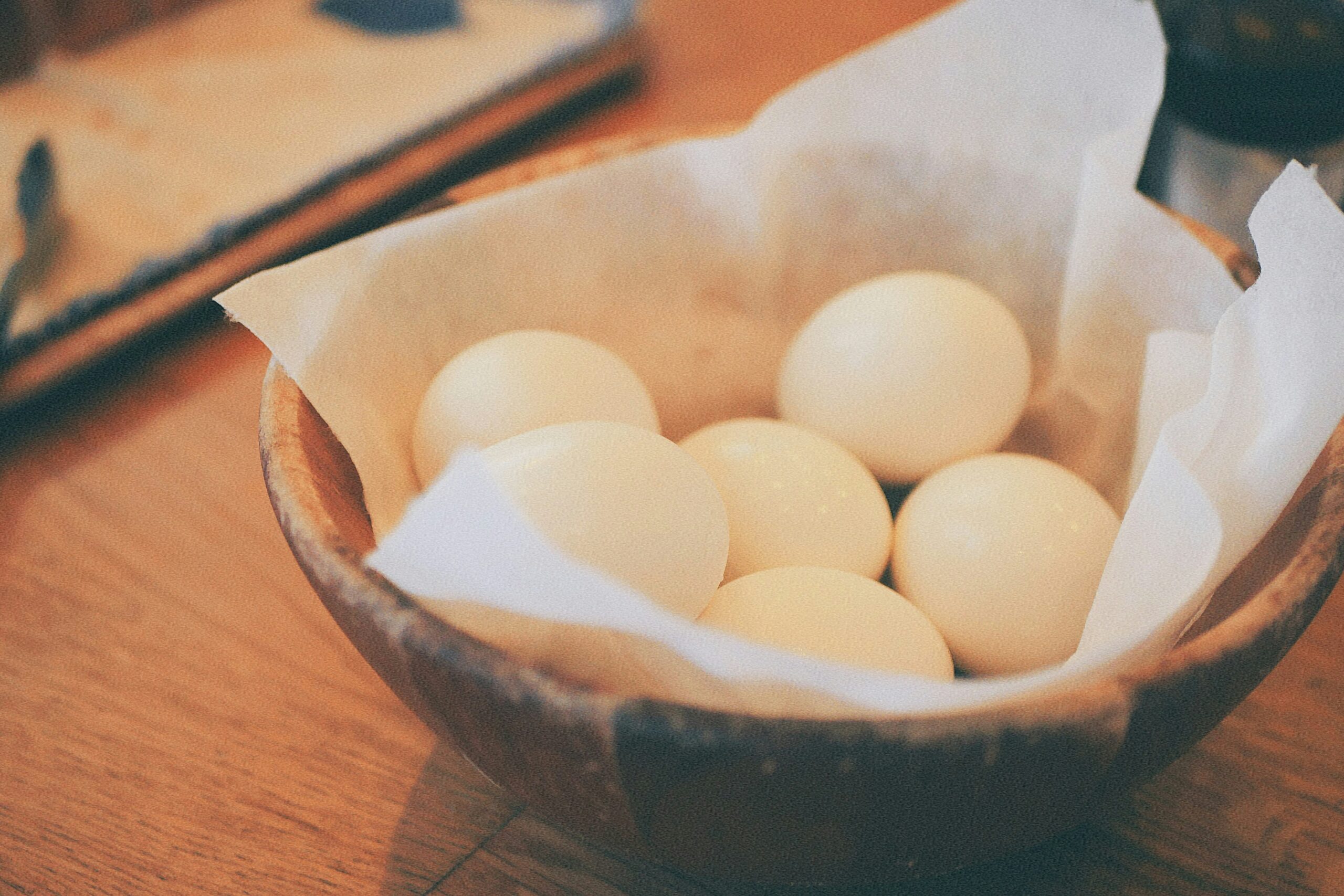There’s something truly magical about cracking open the perfect soft-boiled egg. The contrast between the tender whites and that molten, golden yolk oozing out is unmatched. It’s not just breakfast; it’s an art form. But mastering this culinary masterpiece isn’t without its challenges. Get the timing wrong, and you’re left with a disastrous hard-boiled yolk or, worse, a watery mess that no buttery toast soldier could salvage.
Whether you’re on a quest to perfect your eggs for Sunday brunch or aiming to elevate your morning routine, this guide will teach you everything you need to know about making soft-boiled eggs with precision and love. Let’s crack into the science, techniques, and tips to ensure your eggs are always chef’s kiss perfect.
The Science of Soft-Boiled Eggs
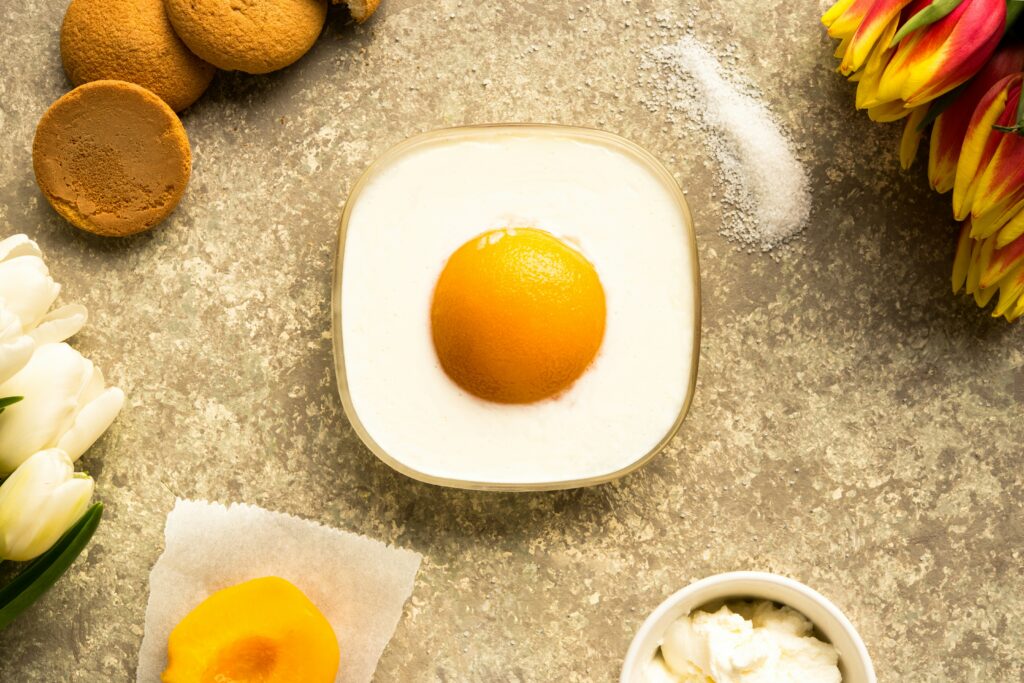
Understanding the science behind your eggs’ transformation is the first step to mastery. It’s not just a process; it’s a delicate balance of chemistry.
Heat and Proteins
When you heat an egg, two main proteins come into play:
- Egg Whites: Made up mostly of albumin, the whites firm up at around 150°F (65°C).
- Egg Yolks: These start to thicken at 158°F (70°C) but remain golden and runny when the heat is perfectly controlled.
The goal of soft boiling is to cook the whites until they’re just set, offering a tender texture, while the yolk remains liquid gold. Too much heat for too long and both join forces into a rubbery nightmare.
Why Does This Matter?
Cooking eggs too fast often leads to uneven results. This is where careful timing and temperature control become critical. Think of it as a symphony where you’re the conductor orchestrating perfect harmony.
Essential Equipment for Cooking Soft-Boiled Eggs Like a Pro
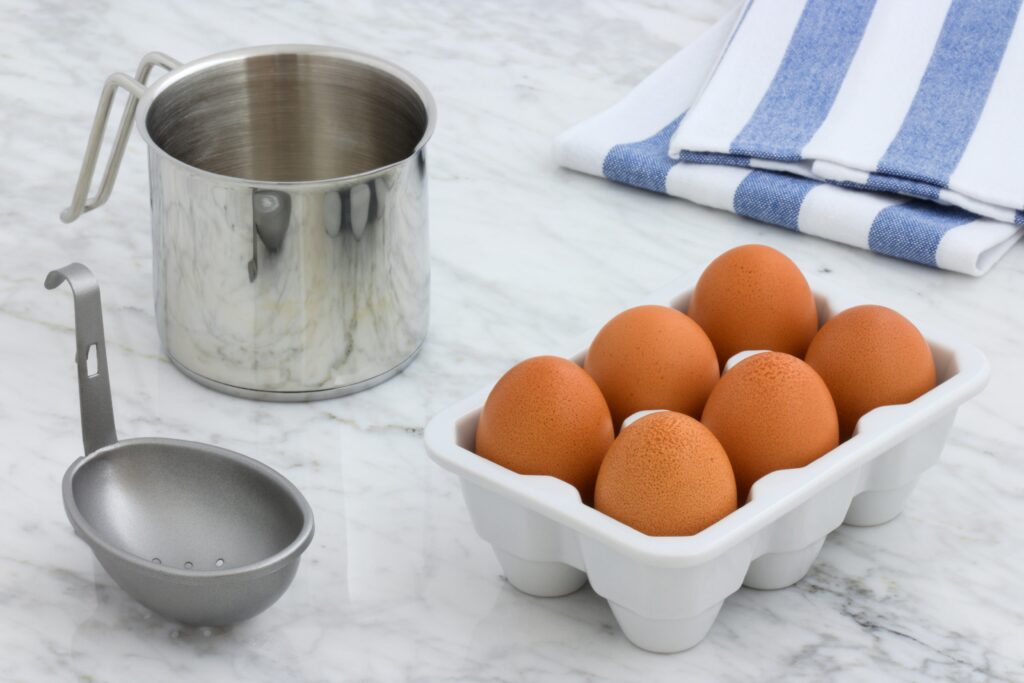
Before you get started, you’ll need to gather the right tools to make your life easier and your results predictable.
The Bare Basics
- Saucepan: Ensure it’s large enough to fit all your eggs in a single layer without overcrowding.
- Timer: Precision is key; even 30 seconds can make a big difference.
- Slotted Spoon: Makes transferring eggs from boiling water to an ice bath seamless.
- Ice Bowl: Crucial for halting the cooking process so your yolk stays perfectly soft.
Recommended Products
- A digital thermometer to control water temperature (ideal for cooking nerds).
- High-quality eggs with thicker shells, like pasture-raised or farm-fresh eggs, to reduce cracking.
Investing in reliable tools will save you from egg-cooking heartbreak.
Step-By-Step Guide to the Perfect Soft-Boiled Egg
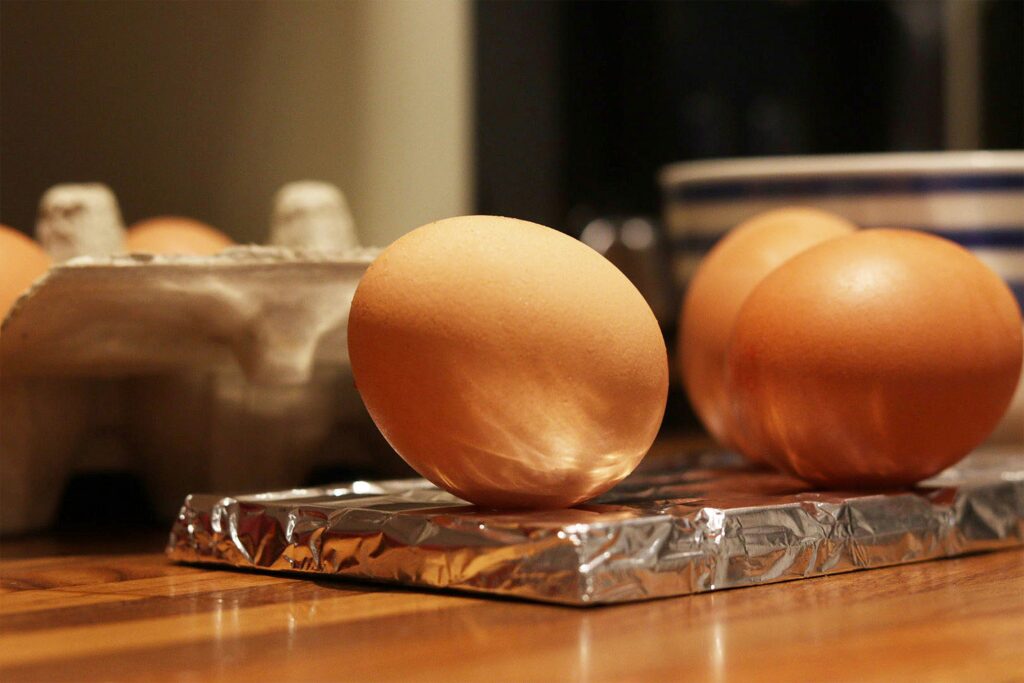
Let’s get into the nitty-gritty. You’ll soon have soft-boiled eggs so flawless, you’ll want to make them daily.
Step 1: Bring Water to a Boil
Use enough water to fully submerge the eggs. Boil the water up to around 212°F (100°C) for optimal results.
Step 2: Add Eggs (Carefully)
Lower eggs gently into the water with a slotted spoon to avoid cracking. The trick is to use room-temperature eggs to reduce temperature shock.
Step 3: Cook to Perfection
- Small Eggs (Size S): 4–5 minutes.
- Medium Eggs (Size M): 5–6 minutes.
- Large Eggs (Size L): 6–7 minutes.
Timing is absolutely vital here. Set your timer as soon as the eggs hit the water.
Step 4: Immediate Ice Bath Dip
Once the timer’s up, transfer your eggs straight into a bowl filled with ice water. This halts the cooking process instantly, making it the perfect soft-boiled egg.
Step 5: Gentle Peel & Serve
Roll the egg gently on your countertop to crack the shell and peel under running water. Serve immediately with your favorite pairings!
Troubleshooting Common Mistakes
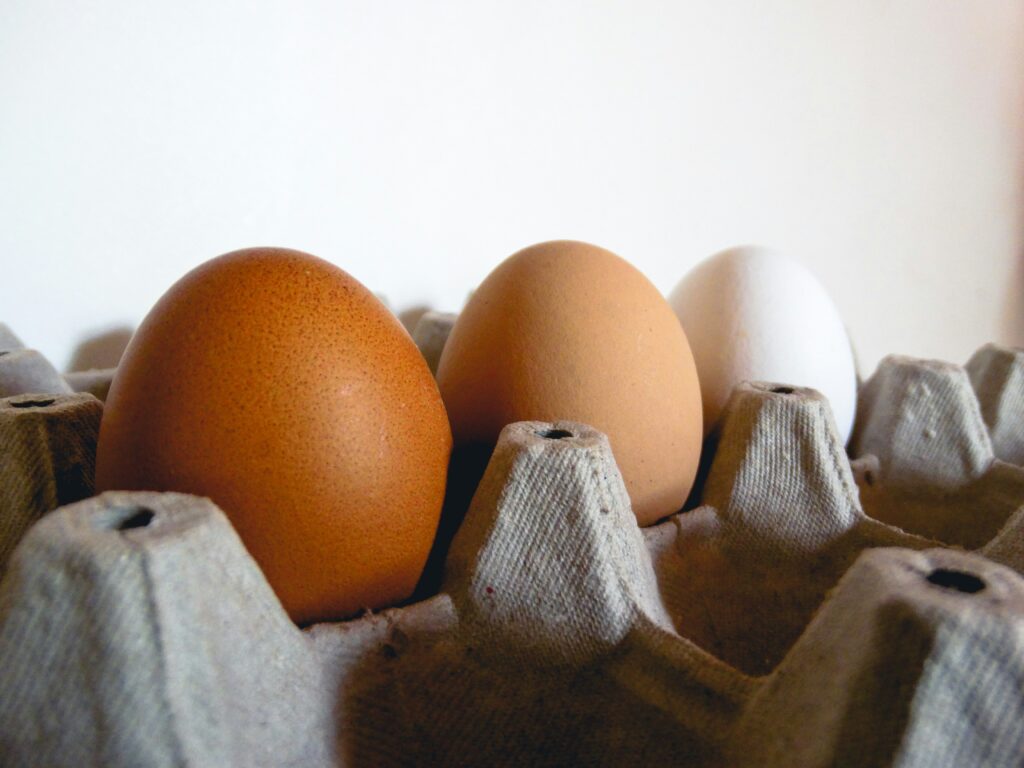
Even seasoned pros stumble occasionally. Here are tips for avoiding typical soft-boiled egg disasters:
- Overcooking
Solution: Stick to a timer religiously and always finish with an ice bath.
- Shell Cracking Mid-Cook
Solution: Use room-temperature eggs and add them to simmering—not aggressively boiling—water.
- Rubbery Whites or Solid Yolks
Solution: Cook at moderate heat and avoid overcrowding your pan.
Creative Twists on a Classic
Soft-boiled eggs don’t need to stay traditional. Here are some creative ways to add a twist:
- Different Egg Types
-
- Duck Eggs: Richer and creamier, with a slightly larger yolk.
- Quail Eggs: Perfect for bite-sized indulgence and gorgeous presentation.
- Flavor-Infused Water
Try adding herbs like thyme, rosemary, or star anise to your boiling water for a subtle flavor boost.
Delicious Pairing Ideas
Once that perfect soft-boiled egg is ready, what next?
Classic Pairings
- Toast Soldiers: Buttery, crispy, and made for dipping.
- Avocado Toast: A match made in millennial heaven.
- Ramen: Slice and float a soft-boiled egg as the crowning touch.
Creative Serving Ideas
- On top of a grain bowl with roasted veggies.
- Sliced over a fresh salad for extra creaminess.
- Paired with crispy bacon and hollandaise for a deconstructed eggs benedict masterpiece.
Health Benefits of Soft-Boiled Eggs
Soft-boiled eggs pack a healthy punch. Here’s why they deserve to be in your diet:
- High in Protein: At 6 grams per egg, they’ll keep you full and energized.
- Rich in Vitamins & Minerals: Loaded with B vitamins, iron, and selenium.
- Easier to Digest: Soft-boiled eggs are gentler on the digestive system compared to fried eggs.
People Also Ask (PAA)
How long does it take to soft boil an egg?
Generally, it takes 5 to 7 minutes, depending on the egg size.
Can soft-boiled eggs be stored?
Yes, they can! Store peeled eggs in an airtight container in the fridge for up to 2 days.
What’s the best way to peel a soft-boiled egg?
Peeling under running water after an ice bath makes it easier to remove stubborn shells.
Perfect Eggs, Every Time
Congratulations, you are now armed with all the knowledge to make the perfect soft-boiled eggs! Whether you’re prepping for brunch with friends or elevating your solo breakfast game, these silky yolks and tender whites are sure to impress.
Experimenting is half the fun, so don’t hesitate to add your own twist once you’ve mastered the basics. Got questions? Drop them in the comments—we’d love to help crack the code for your perfect eggs.
